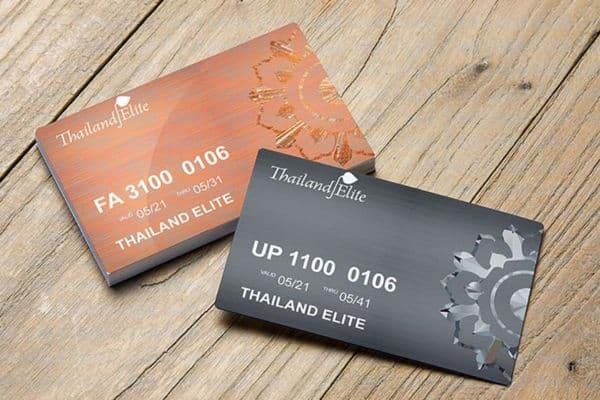Grounds for Divorce. Thailand’s rich culture and stunning scenery attract many expats, but sometimes marriages don’t last. If you find yourself contemplating divorce in Thailand, understanding the legal grounds is crucial. Here’s a breakdown of the reasons recognized by Thai law for dissolving a marriage.
Citing Grounds for Divorce
Thai divorce proceedings require citing specific grounds outlined in Section 1516 of the Civil and Commercial Code. These grounds must be proven in court for the judge to grant the divorce. Here are the main grounds for divorce in Thailand:
- Marital Infidelity: This includes adultery or cohabitation with another person.
- Misconduct or Cruelty: This covers a wide range of behaviors, including physical or mental abuse, serious insults, or criminal activity harming the other spouse.
- Desertion: If one spouse abandons the other for over a year without reasonable cause.
- Failure to Provide Support: A spouse’s persistent neglect to financially support the other qualifies as a ground.
- Insanity: If a spouse has been incurably insane for at least three consecutive years.
- Separation: Two situations apply:
- Mutual Consent: Both spouses have voluntarily lived separately for more than three years.
- Unilateral Separation: One spouse has left the other for more than three years, and the whereabouts or living status of the departed spouse is unknown.
- Other Serious Issues: The law also recognizes a catch-all provision for “other serious matters” that disrupt the marital bond to such an extent that continuing the marriage is impossible.
Important Considerations
While these grounds provide a framework, navigating a Thai divorce can be complex. Here are some additional factors to consider:
- Evidence Gathering: Strong evidence is needed to support your claim, such as witness testimonies, medical records, or financial statements.
- Financial Implications: Thailand follows a community property system, so assets acquired during the marriage are generally divided equally.
- Child Custody and Support: If children are involved, child custody and support arrangements need to be addressed in the divorce settlement.
Seeking Legal Counsel
Due to the complexities involved, consulting with a qualified lawyer specializing in Thai family law is highly recommended. They can guide you through the process, advise on the most appropriate grounds based on your situation, and ensure your rights are protected.
Conclusion
Understanding the grounds for divorce in Thailand empowers you to make informed decisions during a difficult time. By seeking legal guidance and gathering the necessary evidence, you can navigate the divorce process with clarity and minimize potential complications. Remember, this article provides a general overview, and it’s always best to consult with a lawyer for specific advice on your situation.






